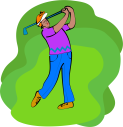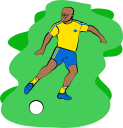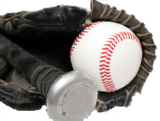| Sports injuries result from acute trauma or repetitive stress associated SprainsSprains account for one third of all sports injuries. A sprain is a partial or complete tear of a ligament, a strong band of tissue that connects bones |
Brachial plexus injuryA brachial plexus injury is an injury to the network of nerves that sends signals from your spine to your shoulder, |
| | | |
 |  | |||
 |
|
 | ||
 |  |
The information provided on this site is not a substitute for professional medical advice, examination, diagnosis, or treatment. Always seek the advice of a qualified health care provider with any questions you may have regarding a medical condition. If you think you may have a medical emergency, call your doctor or 911 immediately. |



























